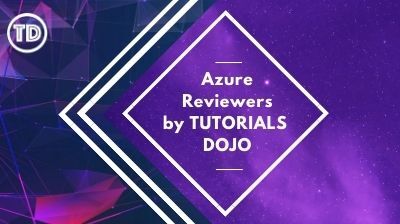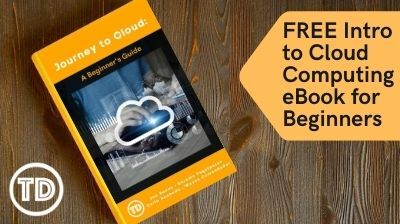Last updated on July 19, 2024
|
Microsoft Entra ID |
Azure RBAC |
|
|
Description |
An identity and access management service that helps you access internal and external resources. |
An authorization system that manages user’s access to Azure resources including what they can do with those resources and what areas they can access. |
|
Focus |
Grants permissions to manage access to Microsoft Entra resources. |
Grants permissions to manage access to Azure resources. |
|
Scope |
Tenant level |
Specify at multiple levels (management group, subscription, resource group, and resource) |
|
Roles |
Important Microsoft Entra built-in roles:
Supports custom roles. You can assign multiple roles on a user. |
Fundamental Azure RBAC built-in roles:
Supports custom roles in P1 and P2 licenses. You can assign multiple roles on a user. |
|
Role information |
You can access the role information in the Azure Portal, Microsoft Entra admin center, Microsoft 365 admin center, Microsoft Graph, and Microsoft Graph PowerShell. |
You can access the role information in the Azure Portal, CLI, PowerShell, Resource Manager templates, and REST API. |
|
Pricing |
Microsoft Entra has three editions: Free, P1, and P2. For the P1 and P2 licenses, you are charged on a monthly basis. |
Azure RBAC is free and included in your Azure subscription. |
References:
https://docs.microsoft.com/en-us/azure/role-based-access-control/rbac-and-directory-admin-roles
https://learn.microsoft.com/en-us/entra/fundamentals/whatis


















